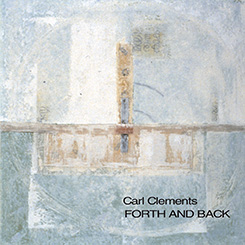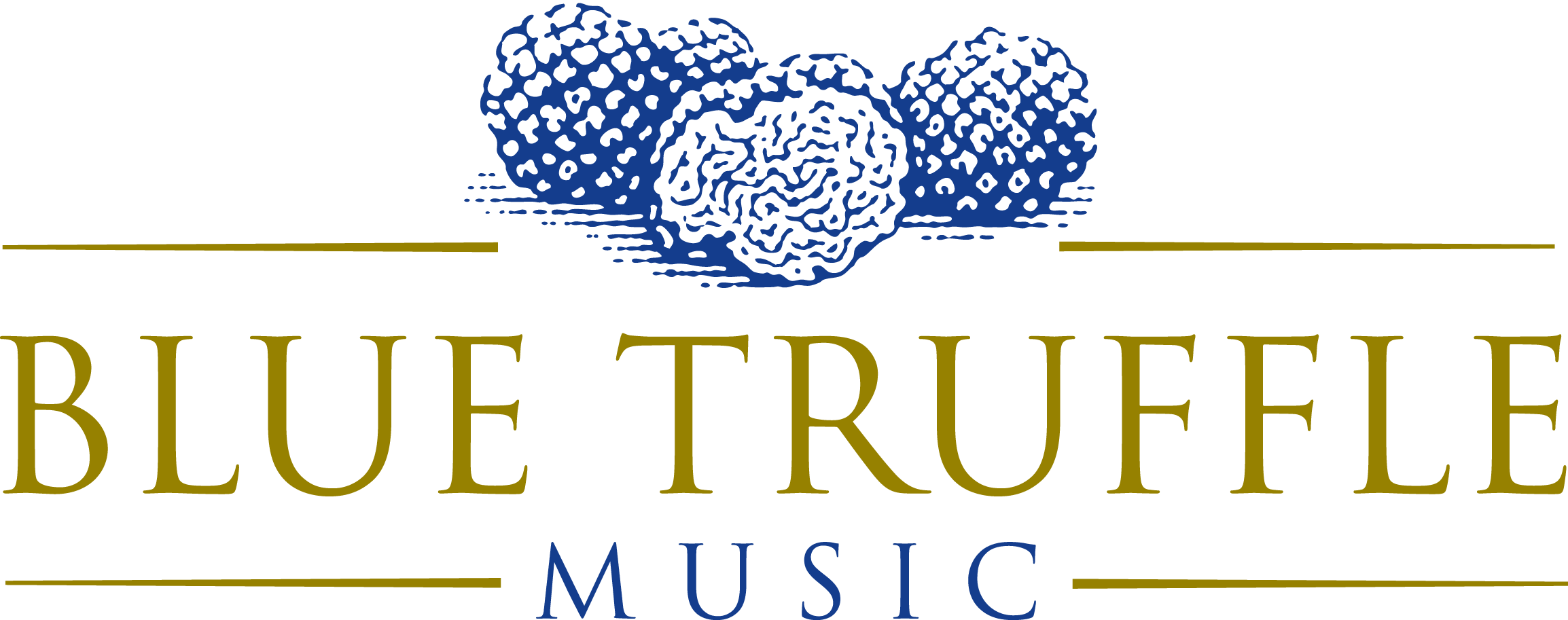Forth and Back
Carl Clements
Tracks/Mp3 Samples
Eddies
Fools and Kings
Diffraction
Off Blue
Well Before Spring
Forth and Back
The Past
Spider Bridge
The Moon at the Window
Buy the Album
Buy Related Items
45-minute private jazz lessons with Carl Clements, DMA, via Skype.
Carl is now available for private or group instruction on saxophone, flute, and bansuri (North Indian bamboo flute), as well as in composition, arranging, jazz theory and improvisation, Hindustani classical music, and cross-cultural improvisation.
Private Lesson: $100
Real Jazz Trio, featuring Carl Clements, sax and bansuri; Jean-Yves Jung, piano; Johannes Schaedlich, bass; Jens Biehl, drums. Recorded live at the Jazz Institut, Darmstadt, Germany, February 4, 2011.
Liner Notes
Carl Clements: soprano & tenor saxophones
Bennett Pastor: piano
Jim Whitney: bass
Diego Voglino: drums
All compositions by Carl Clements
Produced by Carl Clements
Recorded in August, 2004 by Larry Philabaum at Benny’s Wash & Dry, Brooklyn, NY
Mixed by Larry Philabaum, Teaneck, NJ
Mastered by Mark Wilder at Sony Music Studies, New York, NY
Artwork by Amanda Barrow, AmandaBarrow.net
Artwork from the collection of Liz Janson
Graphic Design by Ramona Borthwick, LeitMotif.com
Contact
carl@carlclements.comCarlClements.com
Press Contact
Carl ClementsSaraswati Records
170 E. Hadley Road, #98
Amherst, MA 01002
413-835-6854
Forth and Back: From the Composer's Perspective
I often come up with titles after I have written a composition. Usually there is some source of inspiration driving the compositional process, often connected to some kind of deeply felt emotion or a thought that fills me with some sense of our interconnectedness to the infinite. I can’t always identify this inspiration at the beginning of the compositional process, and sometimes I expand upon a germ of a smaller idea —a melodic and/or rhythmic theme, a harmonic texture, a groove, an ostinato. But once the compositional process is underway, my more successful pieces usually take on a life of their own during the course of their creation. Sometimes it almost feels as if I’m transcribing a composition that already exists, and that if I listen closely enough to the sounds in my head, it will reveal itself.
Once the composition is finished and I’ve had some time to muse over its implications, I can usually find a title that in some way conveys (at least to me) some aspect of the sentiment that is expressed. These titles might come from a word, a phrase, a concept, a line from a poem, or whatever seems to somehow provide a link to the essence of the piece.
The title Eddies refers to the small whirlpools one sometimes sees in a moving body of water such as a brook or a stream. These energetic entities seem to have a kind of coherent identity—we see a form in the water that we recognize as an eddy—yet they are essentially just products of the way the water is flowing at the particular moment in time and space. Due to the surrounding conditions, there is the appearance that a unique entity has come into being, and these conditions may perpetuate that illusion for an extended period of time. But the eddy’s composition is constantly changing, consisting at each moment of a new collection of water molecules flowing through the stream. And eventually the illusory entity will dissolve back into the stream, transferring its substance and energy to new forms and flows. Eddies plays upon this idea through the constant recasting of the melodic themes through alterations in their shapes, changes in their harmonic implications, shifts in their rhythmic placement, etc. I wonder how different our own lives are from this.
Fools and Kings started with a bass ostinato in 7/4 time that came into my mind and persisted long enough for me to eventually write it down. The melodic shapes that came to me later had a kind of jagged angularity that flowed in and out of the implied tonality, ultimately drawing on all twelve notes of the chromatic scale. After writing the melody, one moment in the melodic flow reminded me of the shape and character of the melody in Eden Ahbez’s song Nature Boy that coincides with the words “while we spoke of many things, fools and kings…” This connection suggested to me that the angular tension in this composition was reflective of my impressions of various disturbing developments on the world stage brought about by the dubious judgmenth3 of our world leaders, and the idea that “fools” and “kings” are too often one in the same.
Diffraction plays upon the idea that the light all around us does not seem to have any substance until its perceived essence is reshaped through its interaction with some form of physical or energetic body or field. This light is a necessary part of our visual perception of the world around us, but our awareness of it (aside from extremes of excess or absence) is usually connected to what it reveals rather than its own essence. When light hits a prism, though, it seems to take on a new character, suddenly revealing itself in a dazzling array of colors. Has something new been created, or are we simply granted the opportunity to see what was already there? Is anything really created or destroyed, or are we rather witnessing the diffraction of the infinite?
Off Blue was probably most inspired by the work of Thelonius Monk and Ornette Coleman. I wanted to create a non-harmonic compositional structure that would serve as an energetic thematic vehicle for what is often called “free improvisation.” I tend to think this is a misnomer, as I’m not sure it’s possible, or even desirable, to free yourself of all influences when improvising. One inevitably interacts, sympathetically or oppositionally, to one’s environment, responding to various themes, rhythms, thoughts, ideas, musical statements, interactions, etc. Off Blue, while lacking a clearly designated harmonic structure, provides a variety of ideas that can serve as launching points for the spontaneous interactive composition that we refer to as improvisation. The title is inspired both by Thelonius Monk’s composition Off Minor, and by the fact that the form could almost, but not quite, be interpreted as a blues.
Well Before Spring is a reference to that period of time when spring is too far away to await with any realistic sense of anticipation, yet exists as a sort of ideal—a dream of renewal—when one’s current environment seems stark. While this may carry the implication that one is dissatisfied with one’s present circumstances, this is not necessarily the case. At times one may welcome the respite from the cacophonous dance of life that comes to the foreground in the spring. But it can be hard to escape the yearning for the vitality that suffuses one’s being when the world explodes with new energy and the cycle begins again.
The title Forth and Back is a play upon the common phrase “back and forth.” At the time that I wrote this piece I had been traveling somewhat frequently between the US and India. Over time, India had come to feel like something of a second home. When I would arrive in Bombay, I would suddenly feel suffused with the various environmental aspects of the city, both pleasant and unpleasant. Almost from the moment I would step off the plane (or even before), I would have a sense of being transported into a different but familiar world, and feel the reality of my life in the US fade into the background. Upon returning to the US, I would experience a similar sensation. While I was often going back and forth, it was not always clear which was back and which was forth. The inversion of the words in the title reflects this ambiguity, as I believe do the shifting contexts of the composition’s thematic, harmonic, metric, and rhythmic structures.
The title The Past is derived in part from the title of a book of poems by Galway Kinnell, and in part by my own conceptions and perceptions of the passage of time. One sometimes feels adrift in the flow of time, and I find myself questioning the connection between the memories of who I was, the idea of who I am at the present time, and what I am to become. The past informs and shapes us, but to what degree do our memories reflect who we are, or even who we were? The composition provides two simultaneous melodic narratives presented in counterpoint without clearly defined harmonic or rhythmic structures. There is an overall sense of ambiguity—something is there, but it is not always clear and distinct. And is one narrative truer than the other?
The title Spider Bridge derives from a small, low railroad bridge that passes over a stream where my wife and I would often go canoeing. For a brief moment, we would duck out of the bright open spaces of our surroundings and have to pass through this dark tunnel smelling of creosote and crawling with spiders seeking to entrap the various insects that travelled the same route. While there was no real sense of danger, the passage required some careful maneuvering both to keep the canoe from bumping into the sides, and to avoid getting a face full of spider webs (spiders included). For the insects taking this route, on the other hand, the proper maneuvering through this passage was truly a matter of life and death, and perhaps we experienced this vicariously. Thus, the song has a kind of dark playfulness. Interestingly, Jim Whitney, the bass player on this recording, wondered whether the title referred to the angular, spidery melody in the bridge of the tune. Maybe this idea was also somewhere in the back of my mind.
The Moon at the Window was written during my first period of living in New York City in the early 1990s. While New York offers much, it can often strip many things away from you. As a young man facing this sometimes merciless city as a first-time resident, I was at times daunted by the challenge. One evening while sitting at my piano in my Brooklyn apartment contemplating some compositional ideas while feeling somewhat laid bare by the urban environment, I saw the moon framed clearly in my window against the night sky. At that moment, I felt that I had a new understanding of one of my favorite poems by the Japanese poet Ryokan:
The thief left it behind
The moon at the window.
—Carl Clements, July 11, 2013
Press Quotes
North March highlights the strong emotion of Carl Clements' singing soprano sax, The intriguing ‘Firefly… Clements "flies" in, as the sax glides over the track with intensity, Clements' soulful sax gets the steam rolling.
—Denai Burbank, Jazz Review
A throaty blues workout, with bracing solos by saxophonist Carl Clements...
—Nathaniel Friedman, Jazziz
A fine composer and player… maybe due to his assimilation of Indian music performance techniques. Clements can articulate verbally and on his instrument with ease and dexterity.
—Marc Medwin, Bagatellen.com
The mood is pensive and it flows musically through Carl's soprano saxophone solo as it tells the story in a very picturesque way.
—Peter LaBarbara, Jazz Zine

